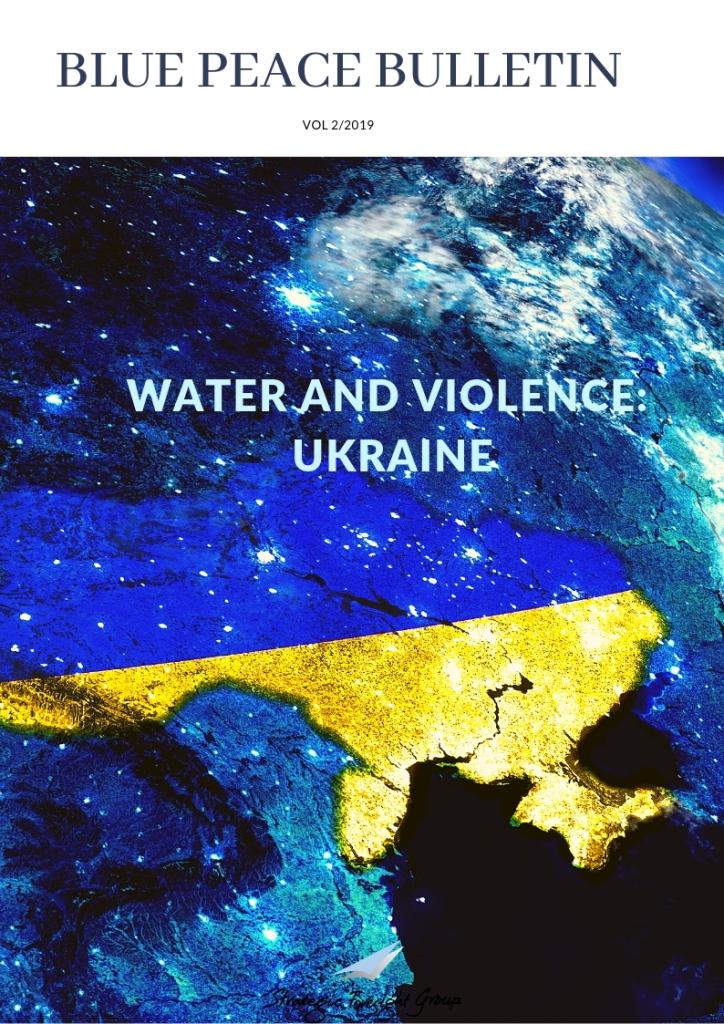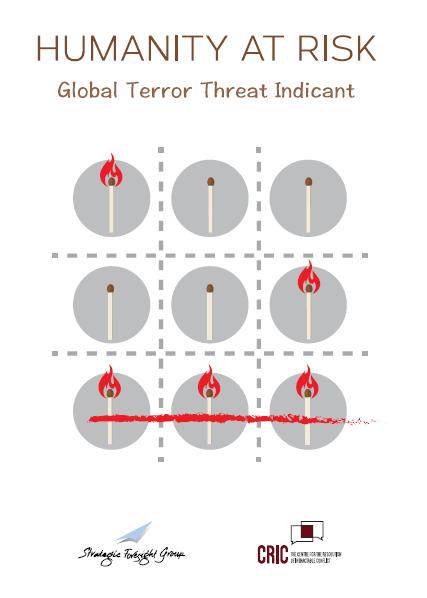After the Tigers: Challenges ahead for Sri Lanka
|
|
February, 2009
By Brian Orland
|
For the first time in twenty five years, Northern Sri Lankans will live unburdened by violent conflict. This is a great opportunity for northern and already �€œliberated�€ eastern province Sri Lankans to rapidly advance towards their peace-time potential. Now focused on rebuilding democratic governance and infrastructure along with expanding educational capacity and economic advancement, northern and eastern Sri Lankans should hit the ground running.
Unfortunately several obstacles threaten to prevent this from happening. It is likely that the national government led by the Sinhalese majority will increasingly decentralize political power to the north and eastern provinces. But it is less clear whether the government will carry the same sense of urgency and level of resource commitment with which it addressed the region's civil war to supporting the northeastern region's economic, educational, and grassroots political development
Peacetime dynamics were largely imagined around a power-sharing deal between the Sri Lankan government and LTTE, but the scenario that will actually play-out�€”sans LTTE�€”will be much more lopsided toward the Sri Lankan government. The national government, as the sole victor, will be able to dictate post-conflict terms without LTTE's constraint on its power. So the government, though acknowledging the need for national reconciliation and rehabilitation, will not feel as much pressure to respond to all the underlying causes of the conflict.
The original reason for the insurgency's spark was the majority Sinhalese's marginalization of the minority Tamil population concentrated in the north and east of the island nation. After a quarter century of conflict arising from that spark, many Tamils will feel worse towards the government than before the war started. The recently murdered Sri Lankan journalist Lasantha Wickrematunge wrote in his self-authored obituary, �€œThe wounds of war will scar them [Tamils] forever�€�.�€ After the government�€™s latest offensive during which human rights took a back seat to military expediency, Sri Lankan Tamils will be more reluctant than ever to trust that the government is in fact concerned about their welfare.
The Sri Lankan government must express to the Tamil population that they are a cared for and valued part of the Sri Lankan populace, and place a particular emphasis on winning over the Tamil youth. According to one study on youth in Sri Lanka, Tamil youth show a natural proclivity towards armed revolt, and they played a significant part in the rebel movement that began the civil conflict. A scenario in which Sri Lanka slips back into civil conflict casts them in a starring role. To prevent this scenario, the Sri Lankan government must concentrate its efforts on the Tamil youth to ensure they find economic opportunities and their place in the democratic process.
Driven by a prescient Sinhalese political force, the Sri Lanka government should pour in investment and assistance to the northeast. However, the more likely scenario is that Sri Lanka's poor economic condition will give the Sinhalese majority many reasons to minimize financial and other resource expenditure in the northeast, on areas like education. Putting further stress on the situation, northeast Sri Lanka is having its first chance to participate in the twenty-first century economic environment without a civil conflict scaring off investment and stifling trade�€”just in time for a global recession. Economic opportunities to connect with the global market place available just a year back are no longer around. In 2002, international donors pledged $4.5 billion for achieving peace and reconstruction, but now it is doubtful that these countries are still willing to deliver this large sum in the cash-strapped global economy. The Sri Lankan government will have to replace this loss of funds from abroad by sourcing more investment and assistance in the region itself.
Hopefully, the Sri Lankan government will recognize the valuable national opportunities for heavily investing in the war torn region. The Tamil youth, for instance, may be one of the most likely sources of future conflict, but they also have, given enough educational resources, enormous potential to make meaningful contributions to Sri Lanka�€™s society and economy.
While there might be initial jubilation for a twenty-five year civil conflict coming to a head with the anticipated LTTE's military defeat, conditions suggest that the end game might be spoiled. Perception among the Sri Lankans will be that military defeat has solved civil conflict, but of course there is much more fighting to be done in order to workout a positive peace.
Related Publications
Related latest News
Related Conferences Reports
-

P5 Experts Roundtable on Nuclear Risk Reduction
Download:Geneva Roundtable Report
-

Roundtable on Global Security and Catastrophic Risks
Download:Report on RT revise





